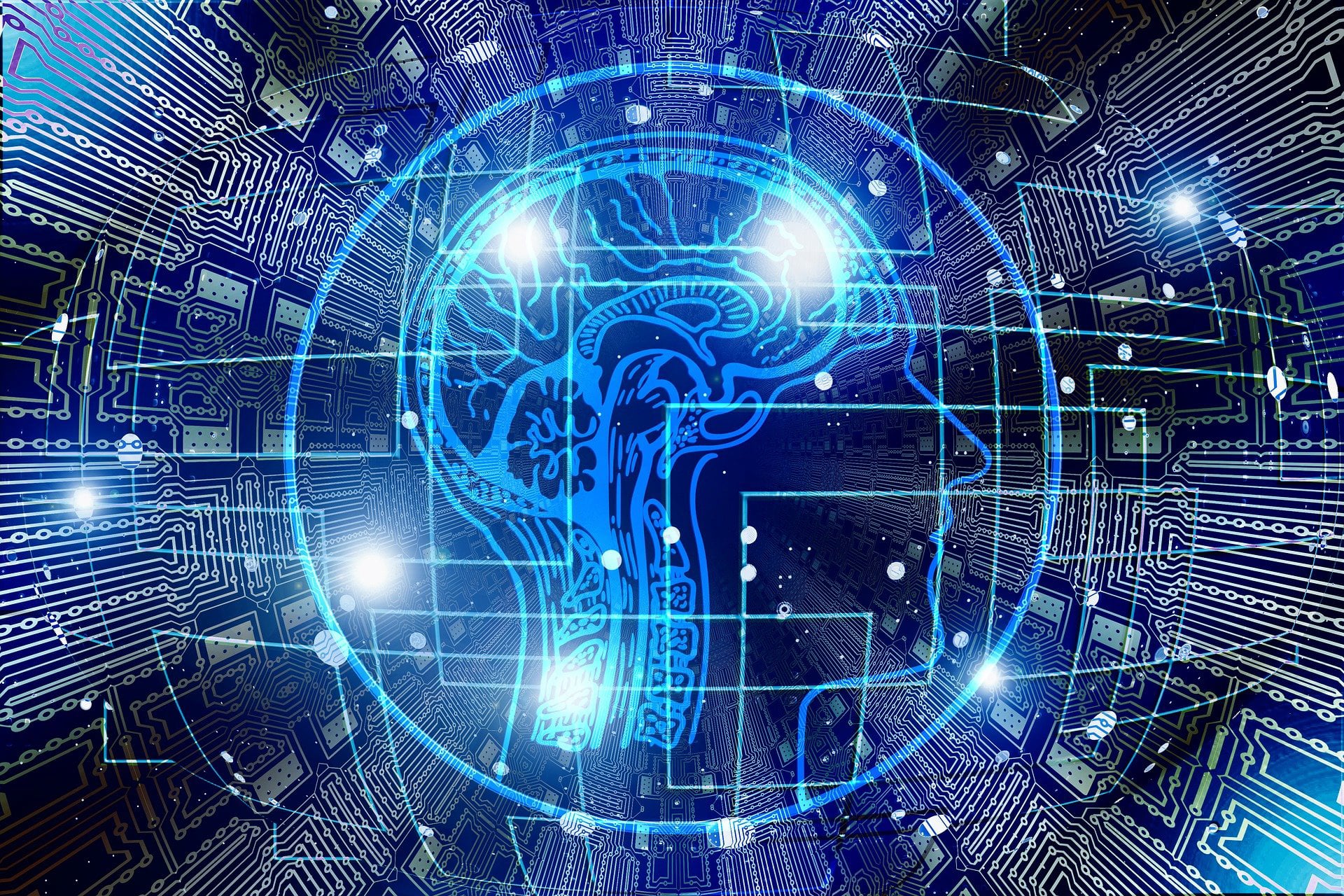
January 12, 2023 / By: Brandy Friedman

January 12, 2023 / By: Brandy Friedman
After decades of anticipation, the emergence of machines capable of thinking, learning, and creating is poised to revolutionize the economy, markets, and our daily lives. Artificial Intelligence (AI), a concept that has sparked waves of public excitement, skepticism, and fear overcoming skepticism.
The tipping point became evident with the widespread availability of ChatGPT, a language-processing chatbot introduced to consumers in late 2022. This chatbot, capable of synthesizing vast amounts of information and generating human-like text in response to queries, swiftly signaled a transformative moment for AI.
Artificial intelligence, ChatGPT, emphasizing AI's "working to improve decision-making processes, and tackle complex problems across various fields, positively impacting society.
The advent of AI, like any significant technological shift, is expected to disrupt certain professions and potentially lead to the elimination of specific occupations.
Historically, such shifts primarily impacted manual jobs, particularly in production-line manufacturing. However, the distinctive aspect of this transformation is that AI exhibits the capability to handle tasks associated with higher-end professions. Despite concerns about widespread job losses, Technological advancements do not merely eliminate jobs; they also give rise to entirely new industries, businesses, skill sets, and career opportunities.

AI will transform the global economy as significantly as electricity and the steam engine did in their respective eras. In discussions about the economic and market implications of the impending AI revolution,
The convergence of technology and necessity underpins AI's breakthrough. With the current deluge of data, where more data is generated in a single hour than in an entire year two decades ago, only about 1% of data is effectively captured, used, and stored. AI has historically been able to read and write but struggled to comprehend content. The advent of generative AI, exemplified by ChatGPT, is changing this landscape by enabling machines to understand human language and produce human-like content.
The evolution of generative AI technology is expected to bring about transformative effects on the economy.
With advancing technology, the primary advantage of generative AI lies in its capacity to significantly elevate productivity. Companies are progressively adopting AI for tasks ranging from content creation to software development, marketing, sales, and customer service. This increased efficiency is poised to have a widespread impact across various industries.
The benefits of generative AI are not confined to specific sectors but are expected to intersect and influence diverse industries. As GAI applications become more prevalent, they are likely to catalyze improvements in operational efficiency, innovation, and problem-solving, creating a cross-industry impact.
The positive ramifications of AI adoption extend beyond corporate advantages to include benefits for consumers. The evolving capabilities of generative AI are anticipated to result in more efficient services, enriched user experiences, and innovative solutions, thereby contributing to a dual impact on both businesses and consumers.
As generative AI technology advances, its multifaceted contributions are anticipated to reshape the economic landscape, ushering in a new era marked by heightened efficiency, innovation, and improved offerings for both businesses and consumers alike.
Is AI poised to reshape the labor market?